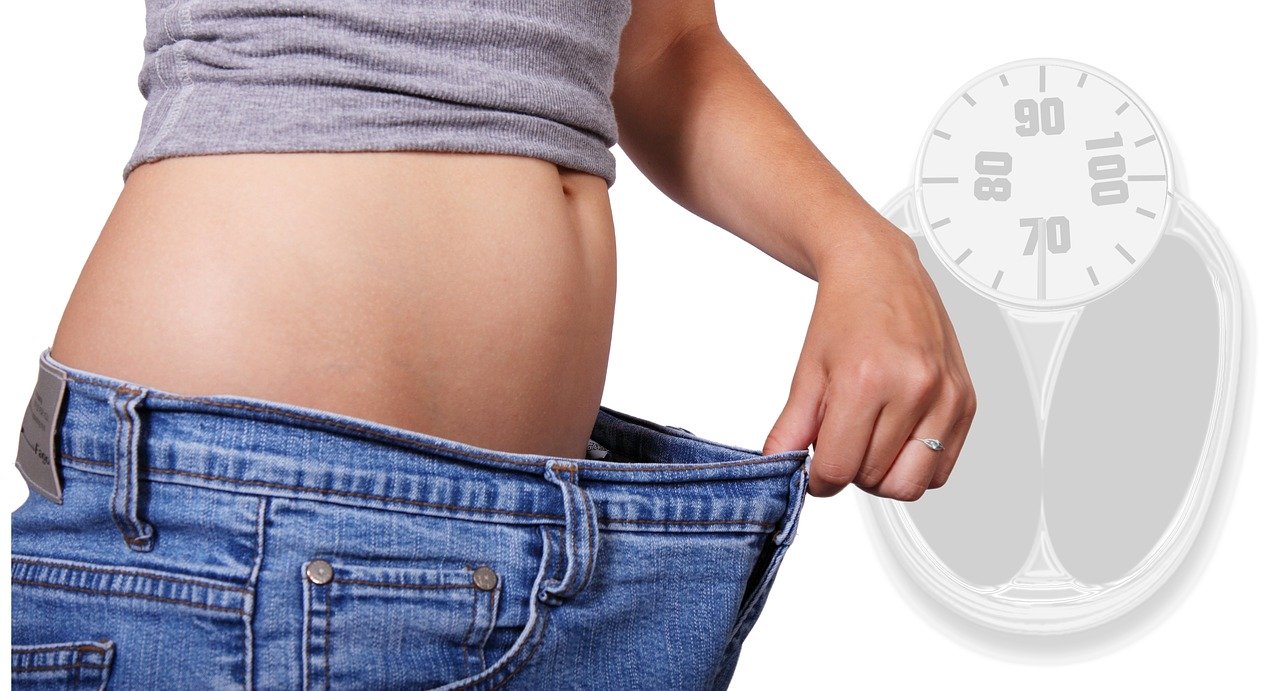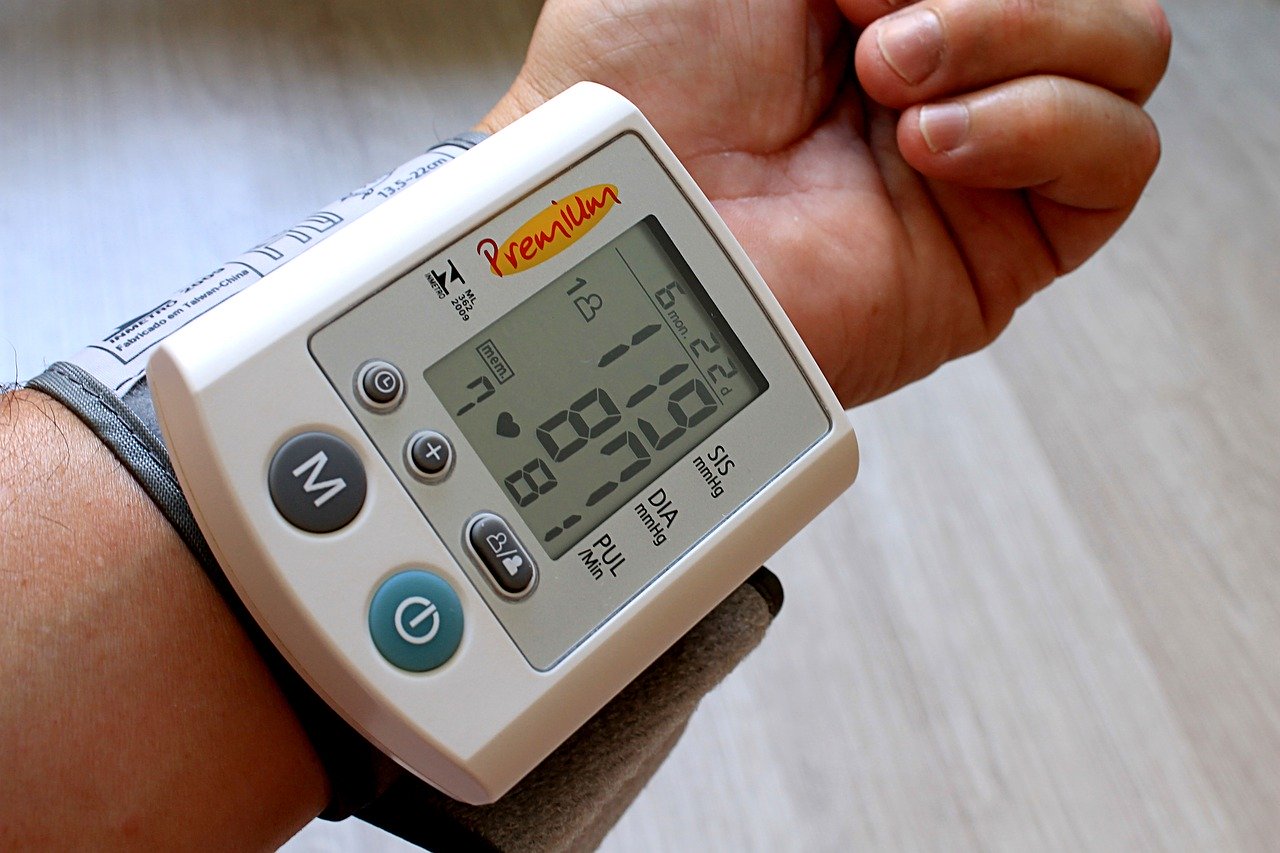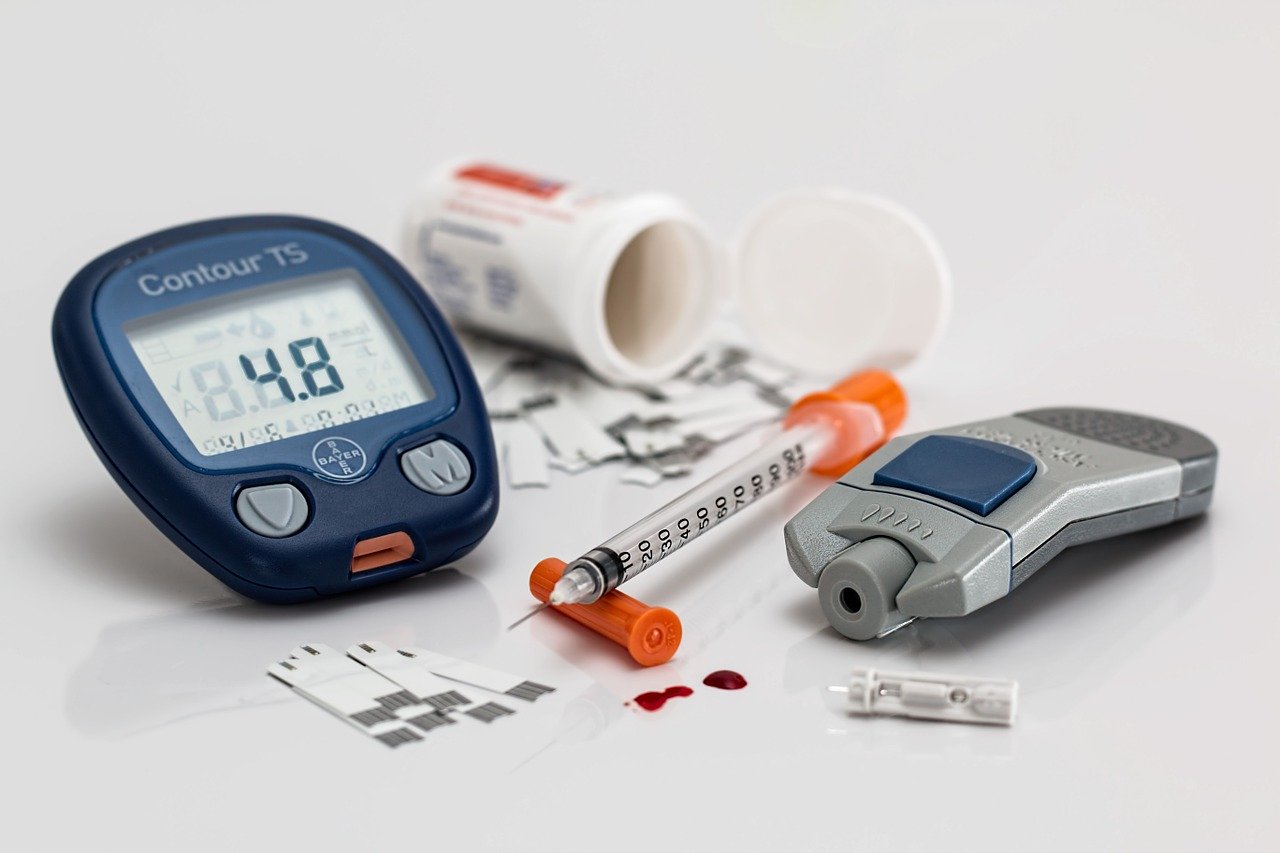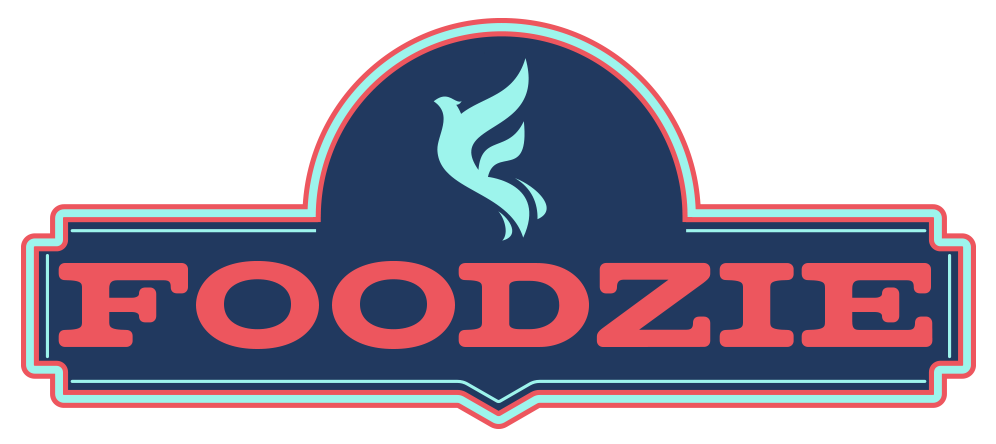As I sit to plan my weekly 24 hour fast, I thought I’d take a moment to provide a comprehensive list of the health benefits of fasting along with a simple 24 hour fasting plan so that beginners can preview all the amazing results that this practice can bring. For me, I can’t imagine what my health would look like if I hadn’t incorporated fasting 5 years ago. It has been life changing….and it’s easy.
Before I go into the 11 major benefits of a 24 hour fast I wanted to pass along a very interesting alternative to those of you who aren’t quite sure they can go without food. There is a new concept emerging around fasting that is starting to get some buzz. It is called a ‘fasting-mimicking diet’ and also called ‘fasting with food.’ A fasting-mimicking diet provides all the benefits of a fast but allows you to intake micro-helpings of food that will NOT break your fast or raise your blood sugar levels.
The most popular one on the market is called Prolon (it is one of Hollywood’s best-kept secrets). I’ve written extensively about it in the past and if you want to read about this product that we highly recommend at Foodzie, click on this link: Prolon Fasting Mimicking Diet Review
FOODZIE READERS GET 15% DISCOUNT ON PROLON CLICK HERE AND USE CODE: FOODZIE15 AT CHECKOUT

What is Fasting & Why Does it Have Such Profound Health Benefits?
Here is the bottom line on the health benefits of fasting: When we fill our stomachs with food and drinks our body must focus on digestion. And digestion is a very complex and tedious process for our body and our organs. When our stomach is empty and our body is not working on digestion, it allows our system time to focus on performing dozens of other tasks that will keep our body, organs and brain healthy.
Digestion can distract our system. Fasting allows our body time and energy to do other important things, aside from digestion, that help our system reboot, reset and recycle.
Over the years I’ve incorporated frequent fasting into my lifestyle and seen the incredibly powerful benefits. One of the less tangible benefits that I won’t discuss in this article is an incredible a sense of gratitude toward the food I am able to consume. This increased gratitude tends to flow over into other areas of my life even after the fast is completed.
Although fasting has certainly become trendy in recent years, it’s a practice that’s centuries old. It’s also an integral part of various cultures and religions. Around the world you’ll find people fasting in different ways. Normally fasting includes abstinence from all or some food and drinks during a particular time frame. In general, most fasts are performed over a 24-72 hour period.
If you’re trying to live a healthy lifestyle and you keep up with recent trends, you’ve probably heard of intermittent fasting (and Fast Bar – the best intermittent fasting snack). It focuses on your eating pattern and timing of your food intake over specific intervals. So, ‘when’ you eat is more important than ‘what’ you eat.
Most people wonder about fasting and how their body will react. Is it worth the short-term pain? Can I really go for long stretches without food? The answers to both of these questions are a resounding YES! And in this article we’ll provide you with all the information you need to push you toward trying this incredibly health practice.
The most important thing I can say about fasting before you read this article is that fasting has many health benefits. Its ability to detox your mind and body are very powerful and that is why it has been part of so many cultures and religions for many centuries. But fasting is not simply about weight loss, although that certainly is a nice benefit. If you’ve never fasted you are about to be amazed by all the benefits it can bring. This article will show you some of the amazing benefits that can achieve while practicing a no-eating interval.
24 Hour Fasting – How to Do it?
24-hour fasting is simple and clear – you need to fast straight for 24 hours; from breakfast to breakfast or whichever meal you’d like to choose.
For instance, if you’re planning to do 24-hour fasting from dinner to dinner, you’d eat your dinner at 7 PM and will fast until you eat the next day’s dinner 24 hours later. So as not to confuse, it basically means one meal per day (over a 24 hour period).
One of the most common questions I get about fasting has to do with taking medication. Yes, you’ll still be able to take your medicines or supplements but if you need to take them with food, you must plan on taking them during your one meal.
If you find out that fasting is the best thing you’ve ever done for your body and mind, it is recommended that you do not over-do it. Start with once a week and take it from there. Many people begin a cycle of 24 hour fasting a couple of times per week or per month and it has become a vital part of their health routine.
24 Hour Fast Benefits – Why you should give it a try.
Here are the most powerful and tangible benefits that you get while practicing 24-hour fasting.
1) It Tends to Help You Lose Weight
If you are like most humans, you would probably love to drop a few pounds to feel better and fit into you clothes. The most obvious benefit of abstaining from all or certain food and beverages is that you’ll tend to decrease your overall calorie intake. This calorie restriction could help you to lose weight over time.

While fasting, your body burns all the glucose and fat while renewing its cells. A recent review states that if begin regularly practicing a 24 hour fast cycle for 24 weeks it could reduce your body weight by up to 9%, while significantly reducing your body fat.
Following a good exercise plan while fasting can work wonders for your weight loss plan.
So, if you are ready to give it a try, there are significant weight loss and fat loss benefits ahead.
2) It Boosts Your Metabolism
Our metabolism tends to slow down with age. A 20-year old will have a better digestion capacity than a 50-year old. But, with frequent 24 hour fasting you can boost your body’s metabolic rate.
As you are fasting, you are technically giving a break to your digestive system. This gives it plenty of time to fix the damage. You will also give your body time to flush out the toxins which will in-turn allow your hormones to regulate. All these factors, when combined, help to boosting your overall metabolism significantly.
However, as they say, everything is good in moderation, so be sure not to over fast, i.e. more than 48 hours. This can reverse the effect and even slow down your metabolism. So, be cautious and fast within the safe limit.
3) It Resets Your Immune System
When you’re fasting, there is no food supply to your body, so the system begins to look for alternative sources of energy. One of the sources it quickly finds are cells that no longer work well for your body. Over time, millions of our immune cells break down and become inefficient. So to find energy during a fast, our bodies begin to recycle and consume the old immune cells that are damaged or not required….it basically cleans out the immune cells that don’t work well for your body and uses them for energy.

When you fast, your stem cells start producing white blood cells which are a key to great immunity. Your body begins to use your stored fats and glucose while producing ketone bodies that are not only good for your brain but also help in flushing out anything that your body doesn’t need – like toxins and damaged cells. This process rejuvenates the immune system. Many people believe that this re-boot of the immune system is the most powerful benefit of fasting. For me this has been the key in staying healthy and avoiding common colds and other seasonal ailments.
People who have weak immune systems or those suffering from chemotherapy should speak to their doctor about the amazing benefits of fasting.
4) It Provides Enhanced Productivity
This is quite straightforward. When your stomach is full, the zeal to work and stay productive declines instantly.
The best example of this can be seen in wild animals. When hungry, a lion will run for its prey, catch it and eat until he is full. Then, once he’s full, he won’t be quick to chase down any other prey even if it is near. Why? Because he is already full and satisfied. This reduces productivity after eating and this same principle applies to humans as well.
Once you fast, you’ll feel lighter. The body uses up its glucose and starts burning fat to give you the required energy. This generates Ketones, which enhance concentration and productivity. Ketosis affects your brain positively and lets you stay active, which is not possible when you’re full. This concept of ketosis and burning fat is the primary principle of the speed keto diet.
5) It Flushes Out the Toxins
There is no denying that our Western eating and drinking habits create toxins in the liver and kidneys. One of the key benefits of fasting is that during a fast, the body tends to flush out these harmful toxins that are stored in the liver and kidneys. Your liver and kidneys are basically your body’s filtering system and they tend to trap and hold many of the most harmful things we intake. Fasting provides your liver and kidneys time to expel many of these toxins.
Also, did you know that every gram of carbs requires 4 grams of water to digest it? But when you’re fasting, there’s no carb intake which means the water you consume can be used to flush out the body and perform tasks other than digestion. The result is that fasting helps you flush out the toxins and helps you burn your excess body fat.
6) It Can Balance Your Blood Pressure
For most people fasting has a real impact on their blood pressure. At first when you begin a fast you may feel low blood pressure. But that’s normal as your body is trying to get rid of the unwanted fats and salts. Once your body starts adapting to your fasting system, your blood pressure will begin to decrease.

A study of 110 obese adults who tried fasting showed significant blood pressure results. They fasted for three weeks under medical supervision and experienced a decrease in blood pressure, total cholesterol and bad LDL cholesterol.
7) It Protects Your Body Against Inflammation
Acute inflammation is necessary to help your body fight off infections, but chronic inflammation can have dire consequences on your health. Research indicates that inflammation is likely one of the key culprits in the development of chronic conditions like cancer, heart disease and rheumatoid arthritis.
Inflammation is largely caused by free radicals that are present in food. These radicals are the reason behind oxidative stress. So, once you begin fasting, there’s no food intake for a long duration which means these free radicals are reduced significantly.
As more studies emerge there is a clear picture that fasting can reduce inflammation. This study on 50 healthy adults who practiced intermittent fasting for one month showed a significant decrease in inflammation. While another study of people fasting for 12 hours a day for one month also had similar results.
As inflammation is studied over the next decade, I believe that we will begin to see a direct correlation with free radicals, inflammation and cancer. And I also believe that fasting will emerge as a way to help the body purge these free radicals that are leading to so much chronic disease.
8) It is Good for Your Heart
24 hour fasting for one or two days a week can potentially improve the risk factors associated with your heart health. People who fast show self-control on their calorie intake. This behavior can further aid in weight control and better eating choices when they are not fasting. Basically, fasting provides people with the mental strength and willpower to make better eating decisions when they are not fasting. Better eating will most certainly result in better heart health as obesity will be avoided.
The affects of fasting and heart health are still being studied. But we already know is that when you fast regularly, your body must search for energy sources. As it searches for energy, the most available source is the cholesterol and sugar that has been building in your body. As you fast and as your body metabolizes sugar and cholesterol, you will reduce the risk of diabetes and weight gain – the major factors for heart disease. In short, fasting controls almost every risk factor associated with heart disease and if you are suffering from poor heart health you should ask your doctor about the health benefits of 24 hour fasting.
9) It Helps Balance Your Insulin Levels
Most of us who have studied nutrition understand that eating more food (especially sweets, dairy and carbs) causes high glucose levels, which in turn lead to insulin imbalance. This is the main cause of type 2 diabetes as there’s an excess load on your kidneys.
When you fast, there’s no food supply to your body, and no insulin is produced . Thus, fasting can help your body rebalance its insulin levels.
Several studies point toward improving blood sugar control with fasting. A study showed that 10 people with type 2 diabetes experienced a significant decrease in blood sugar levels after following short-term intermittent fasting.

Simply put, fasting lets you have balanced insulin levels, preventing both spikes as well as crashes in your blood sugar levels.
10) It Helps You with Anti-Aging
Within our body there’s a powerful anti-aging process called autophagy. It is the body’s way of removing damaged cells while regenerating newer and healthier cells. The problem is that since we eat so much, our bodies are usually busy digesting instead of working on the damaged cells.
Building up of damaged cells can lead to early aging. When you fast, your body has no food so it looks for alternative energy sources. Damaged cells or non-working cells become an obvious and convenient energy source and your body will begin to consume and recycle these damaged cells for energy. It is an absolutely fantastic way to get rid of the cells that cause aging and it is one of the many health benefits of fasting.
Once you eat anything, even in smaller quantities, autophagy stops as your body will focus on digestion.
11) It Yields Growth Hormones
As we age, the body tends to produce less growth hormone. Many of us see this clearly in the amount of muscle mass that we lose over time. Remember those amazing abs you had in your 20s? Or the muscle tone in your legs and arms that you would show off on the beach? Less growth hormone will accelerate this loss of muscle tone. It is even more dangerous for bone density. As the production of growth hormone slows, so does our ability to produce bone mass. Brittle bones lead to all sorts of injuries and issues.
Fasting can actually help spur the body to produce more growth hormones and this can help boost your muscle mass and bone density. Exercise can also aid this process so it is important to walk, job, lift weights and do whatever it takes to help keep your bones and muscles healthy.
Hopefully this article gives you all the reasons you need to try your first 24 hour fast. But, before giving it a shot, let’s go through some interesting tips for completing your first 24-hour fast as well as the best ways to break your fast.
Some Important Tips as You Think About Your 24 Hour Fast:
Complete Your 24-hour Fast Successfully with these Interesting Tips:
- Consider trying a 16 hour fast before you try your first 24-hour fast
- Eat a healthy and substantial meal before you embark on your 24 hour fast
- Have a good night’s sleep. You can use it to your advantage during a fast
- Drink lots of water during your fast (learn more here: What Can I Drink While Fasting)
- Keep yourself busy during the fasting hours
- Stay positive, be strong and listen to your body
- Make your post-fasting meal very simple and healthy. Don’t binge on junk
Best Ways to Break Your 24-Hour Fast:
- Drink lots of water
- Break your fast with a small healthy meal that is full of nutrients – like fruits and vegetables
- Don’t eat fast. Chew well – it is recommended to chew 30 times for each bite
- Choose some easy-to-digest foods. Consider having steamed vegetables and lean meat
- Prefer eating foods that your body previously accepted well. Avoid experimenting with new foods
- Don’t eat to make up lost calories. Eat moderately
The Takeaway
Trying your first 24-hour fast is generally safe and can provide you with an array of potential health benefits. Consider which type of fasting fits best with your lifestyle. Talk with your doctor or dietitian about the best ways for you to incorporate fasting into your routine.
About the author:

